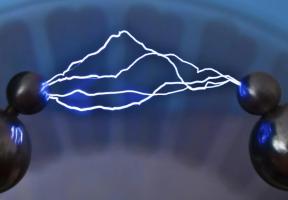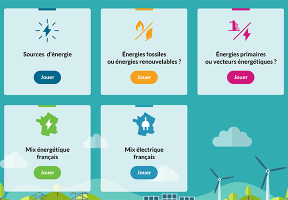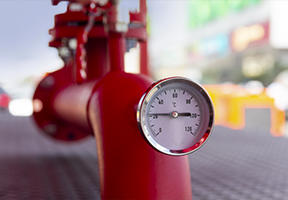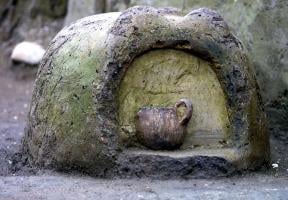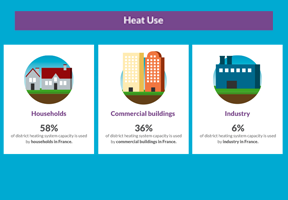Eco-friendly Heating Habits
5 min read
Take our short quiz to find out what simple habits you can adopt to reduce the energy consumption of your heating systems while keeping warm and toasty.
Eco-friendly heating habits
A quiz to make your winters more comfortable and more responsible.
#1 On average, heating accounts for 1/3 of a household’s energy use.
TRUE OR FALSE?
FALSE. It accounts for 2/3. Much more than all electric appliances combined.
#2 What’s the recommended temperature for living rooms?
A. 19°C / B. 21°C / C. 23°C
CORRECT ANSWER: A - Experts recommend adapting the temperature to each room. Examples: 16°C for bedrooms / 17-22°C for bathrooms / 14°C for attics
#3 If you feel cold at home, you should:
A. Turn up your heating system’s thermostat. / B. Switch on a back-up heater. / C. Put on a sweater.
CORRECT ANSWER: C - Rather than trying to increase the temperature, put on an extra layer of clothing. It’s effective and much more energy-efficient.
#4 To avoid wasting heat, you should stop airing out your home in winter.
TRUE OR FALSE?
CORRECT ANSWER: FALSE - Airing out each room 10 minutes a day is important for indoor air quality. But remember to turn off the heating while you do it!
#5 You can save on heating by keeping curtains and shutters closed.
TRUE OR FALSE?
TRUE - At night. Closing curtains and shutters at night reduces heat loss. FALSE - During the day. Letting in the light on sunny days helps warm up your home.
#6 A back-up heater uses more energy than a conventional radiator.
TRUE OR FALSE?
TRUE – Back-up heaters should only be used as a supplement to conventional heating systems because they use more energy.
Summary:
- Heating accounts for 2/3 of a household’s energy use.
- Adapt the temperature to each room to avoid overheating and excessive energy use.
- Rather than trying to increase the temperature, put on warmer clothes.
- Air out your home even in winter but remember to turn off the heating.
- Open curtains and shutters during the day to let in the sun’s warmth and close them at night to reduce heat loss.
- Only use back-up heaters as a supplement because they use more energy than conventional radiators.
View more videos here

